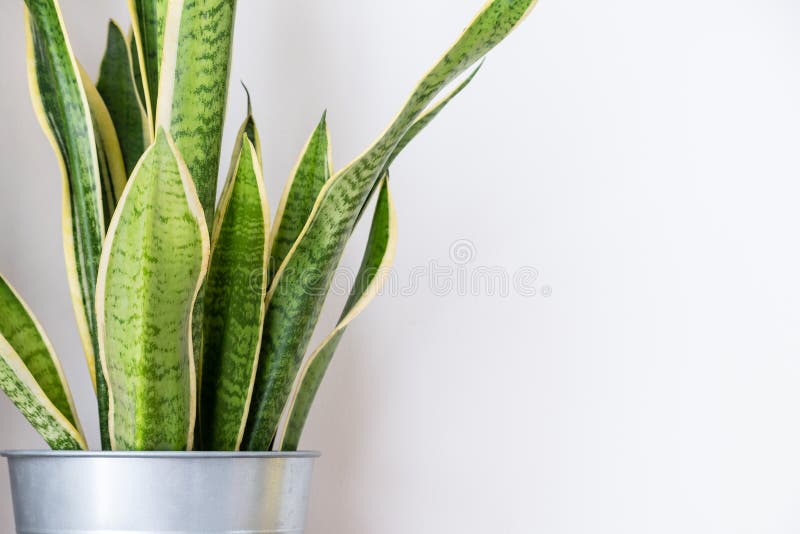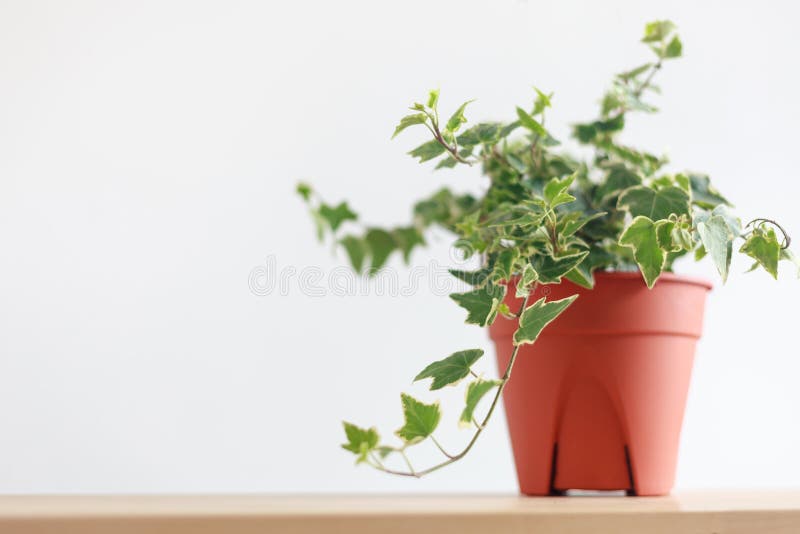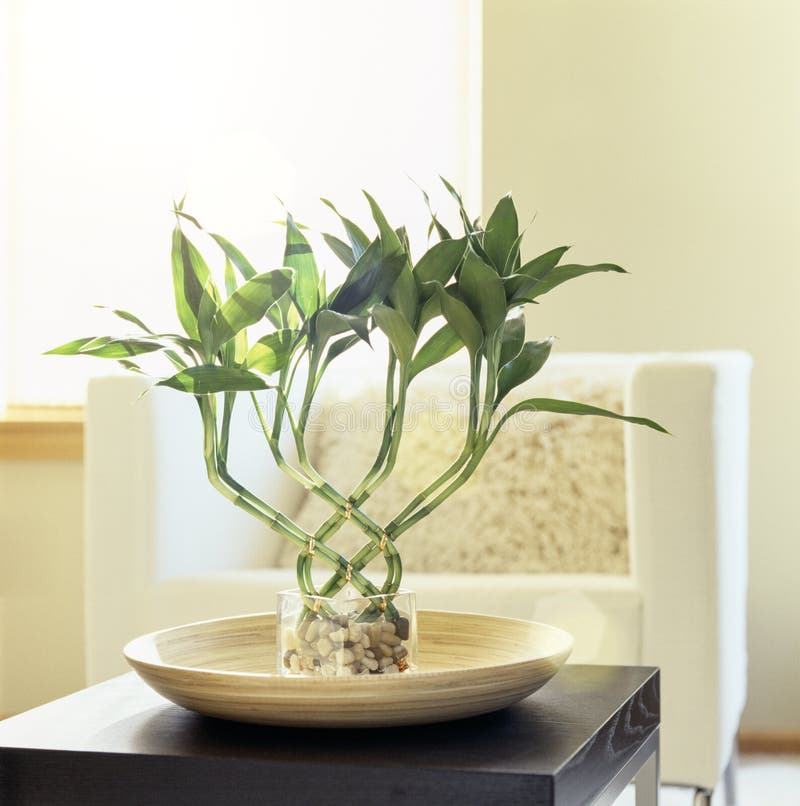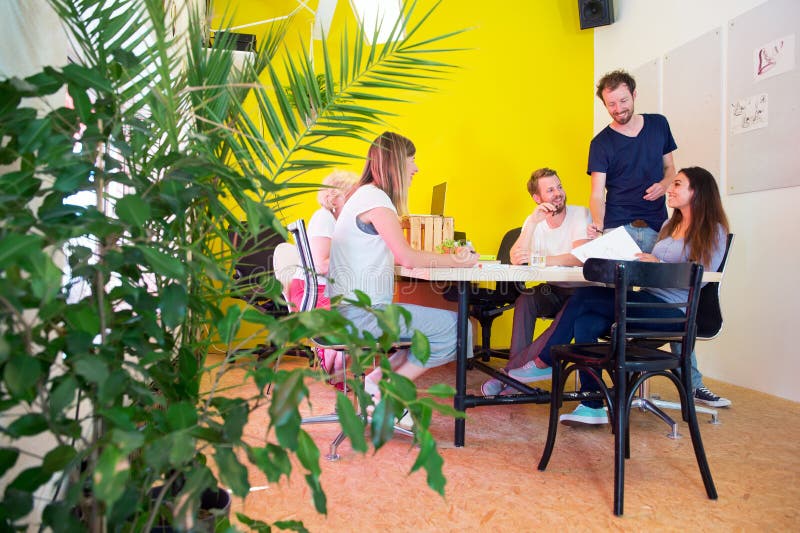HousePlantJoy is supported by our audience. When you purchase through one of our links, we may earn a small affiliate commission. As an Amazon Associate I earn from qualifying purchases. Your cost is not affected.
==================
Houseplants That Live Well in An Office
Houseplants for the office are not only aesthetically pleasing but also stress-relieving. Plus, they help increase productivity. Arriving at the office and leaving in the evening can be boring for those who love the outdoors. Plants for your office may need a little extra light. Consider using a light lamp or a creative box to help. Adding houseplants could be nature’s missing link touch to improve productivity and job satisfaction. Office plants, including plants for the desktop, help purify the air in your workspace. In addition, they add decoration to the workplace, especially if you love the bright outdoors.
In fact, many offices and businesses find that adding houseplants to the workspace helps the overall work environment. Indeed, some consider them essential.
But which plants should you include when searching for plants for your office?
Here is a list of office plants to consider for your office environment. Make sure to choose what resonates and meet the needs of your workspace:
List of Plants for Your Office to Consider
-
Jade plant
You can cultivate jade plants both indoors and out. Place this plant in front of your desk or in your work cubicle to bring good luck and success.
One of the most important things to remember when caring for jade plants is to keep them well hydrated. Never allow a jade plant to dry out thoroughly. The amount of sunlight that jade plants receive is also an essential component of their care and upkeep. To develop correctly, they require whole light. Fertilize your jade plant once every six months to ensure optimum maintenance. Use a balanced, water-soluble fertilizer.
-
Snake plant
If you’re looking for a unique way to decorate your office, Sansevieria, commonly known as snake plant, is a great option. Decorating your office with some lively, good-looking critters may help you feel better while you’re there and give it a fresh atmosphere. You require a plant that does not necessitate a great deal of attention and maintenance. Mother-in-tongue law’s and devil’s tongue are two frequent names for this highly fashionable, hardy plant that originated in Africa.
The leaves of this plant’s family come in various shapes and sizes, but they usually grow around a growth point. If you’re looking for a unique way to decorate your office, a snake plant is one of the most acceptable options. Because the snake plant is well-adapted to survive in arid climates, it is a unique alternative for beautifying and refreshing your office while requiring minimal maintenance.
These plants can withstand nearly any circumstance. Everyone is so preoccupied with their everyday tasks at the office that it is almost difficult to think about anything else. Also, no one enjoys staying late at work merely to take care of a plant. All in all, a green, lovely, fresh plant may make anyone feel better. Snake plants are ideal if you don’t have time to cultivate, travel frequently, or want to keep your plant safe in the office while you are gone for the weekend.
-
Peace Lily
The lovely peace lily symbolizes peace and prosperity, which is always a good thing at the office.
It’s a timeless indoor plant that can brighten up any area. Peace lilies feature thick, dark green leaves with the odd white ‘flower,’ a specialized leaf. They thrive in shaded areas and don’t require much irrigation. If your workplace lacks natural light and you don’t have any green-fingered co-workers willing to take on the job of caring for the office plant, a peace lily might be the perfect solution.
A versatile and low-maintenance plant that doesn’t require much light or space. The ease with which this plant may be watered and maintained has earned it a worldwide favorite. This plant can survive a long time in an indoor environment and is free of insects and illnesses.
Peace lilies grow in the shade, making them an excellent choice for low-light areas. They can also withstand fluorescent lighting, so if you need a plant to brighten up your workplace desk, the peace lily is an excellent choice. They like a temperature range of 65 to 80 degrees Fahrenheit. Protect your plant from drafts, cold, and temperature extremes. As a result, don’t put yours near a door that leads to the chilly winter air.
Choose a container with drainage holes and set a saucer below to catch any spilled water. Check the roots of your plant if it begins to wilt. They should be solid and light-colored rather than wet. When the plant is thirsty, it will droop a little, signaling that it may need water. You can water one day before it typically starts to sag if you pay attention to when it usually starts to droop.
-
Aloe Vera
For years, aloe vera plants have been a favorite workplace plant, and for a good reason. To thrive, Aloe needs sunshine and a small amount of water. It prefers a standard room-temperature setting, although it’s a tough plant in general. Aloe plants are ideal for those who live near windows since they require some light.
The most incredible thing about aloe vera is how useful it is. The plant includes a gel that is helpful for hydrating dry skin, which is always a plus if you have sensitive skin. Aloe gel may also be used to treat burns and soothe the skin.
The first step in taking care of an aloe vera plant is to recognize that it is succulent. Succulents, like cacti, grow in dry environments—plant aloe vera plants in a potting soil mix. Make sure the plant pot has lots of drainage holes as well. Standing water is not suitable for aloe vera plants. One of the most important things to consider in caring for aloe vera houseplants is ensuring that they receive adequate light.
Aloe vera plants require a lot of light. Therefore, they perform best in windows that face south or west.
-
English Ivy
English ivy makes a beautiful houseplant. This fast-growing climber is relatively low-maintenance, and its tendrils look beautiful hanging or dangling from a shelf. It can even grow in a topiary. Here’s all you need to know about growing ivy indoors if you’re ready to bring this traditional vine inside your office.
Hedera helix or the English ivy is an adaptable houseplant that thrives in a variety of environments. Ivies thrive in hanging baskets, at the base of other houseplants, and in their pots. Ivy has been frequently into different formal or whimsical designs on trellis frames or wire topiary forms.
-
Rubber plant
The purple and scarlet colors look elegant in any environment, and their big, glossy leaves are considerably simpler to dust than other inside plants. Dust leaves using a soft cloth, dry or moist, as needed.
Rubber plants thrive in a space with indirect light that ranges from mild to bright. They also thrive in artificially lit workplace surroundings, as long as the lights are on for at least eight hours every day. Several of the Rubber Plants I looked after were far from the nearest source of natural light, but they thrived just as well as those closer to the windows.
These plants are ideal if you have a habit of forgetting to water your plants. While they like constant rainfall, their thick waxy leaves store moisture effectively and tolerate the odd dry spell. Overwatering is a more significant issue since it causes yellowing, leaf loss, and fungal infections. Remember to follow the first rule of watering: always feel the soil before watering, and don’t water if it feels moist. It’s typical for older, lower leaves to shed some of their leaves. Mix in a balanced, water-soluble fertilizer every few weeks during the growing season for optimal results.
-
Modern bamboo (Lucky Bamboo)
The famous lucky or modern bamboo is a low-maintenance plant that is suitable for both businesses and households. It thrives in either soil or water, although soil gives it the most extended life. Because it’s a Dracaena, lucky bamboo has to be treated more like a Dracaena than a bamboo. It should be changed every week if it is growing in the water. If you’re planting in soil, keep the soil moist but not soggy; don’t overwater or allow it to dry out.
Modern bamboo prefers indirect or moderate sunshine. Avoid placing your plant in a bright window since it can burn the foliage. If you’re growing your plant in soil, keep it slightly moist. Allowing the soil to become too dry or overwatering might cause root rot. Although bamboo does not require much water to thrive, it may also grow in water. When the roots in the container get compressed for your plant, you’ll know it’s time to repot. Move the bamboo to a larger pot once the roots begin to grow. Transfer your plant to a big vase if it is only growing in the water.
-
Spider plant
Spider plants can adapt to any environment, so they’re perfect for people who love plants around their offices. They make lovely plants or excellent office plants.
Although not selective about lighting, the Spider plants grow best in solid light since they are commonly window plants. Because they aren’t picky about the illumination they use, they’ll do OK in partial direct sunlight as well. When you first get your new spider plant, water it only once in a while rather than once a week. Allowing them to dry out between waterings ultimately is the greatest rule of thumb.
What makes a good houseplant for the office?
Low-light-demanding houseplants for the office are particularly well-suited to the task. Because this would reduce the amount of light they get, they have evolved enormously, typically green leaves that collect what light they can and use it to grow.
Another factor to consider while choosing plants for the office is their pace of development. Most people prefer a plant that grows slowly since fast-growing plants need a lot of upkeep and trimming. You must also consider the space since plants that grow quickly will encroach on neighboring cubicles, drag along the floor, or become a nuisance.
Finally, consider your look. Although you want easy-to-care-for plants, you also wish houseplants for the office that look beautiful and add to rather than detract from the workplace environment. Just keep in mind that, while blooming plants look beautiful, they usually require more light and watering, and they usually only bloom for a limited length of time when kept inside. Let us know your favorite plants for the desktop and your office!
Read More:
Best Small Houseplants for Home or Office
Aloe Vera Plant Care: Grow Your Own Medicine!
Best Plants for the Kitchen – Keep it Green!
The Benefits of Indoor Plants in the Office(wework.com)













